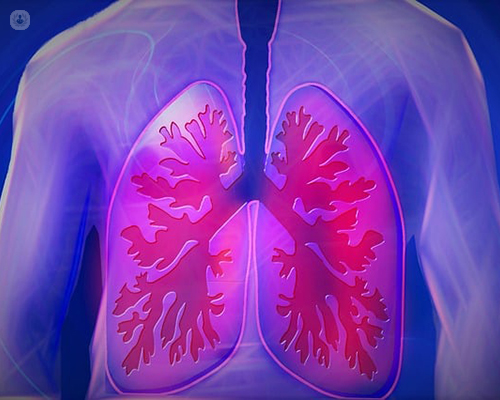Chronic Obstructive Pulmonary Disease (COPD): how does it affect elderly patients?
Written by:What is COPD?
COPD stands for Chronic Obstructive Pulmonary Disease. It occurs due to inflammation caused to the bronchi (tubes that bring the air to the alveoli and blood).
Pollution, occupational hazards, cigarette smoking, all cause the cells to produce phlegm, to swell bronchial inner part and increasingly close the space for the air to come in.
What are the first signs of COPD?
Usually COPD begins with a cough that happens as soon as sufferers get up in the morning and it lasts just 5-10 seconds. This will be the only symptom for the whole day. This cough lasts more than 90 days in a year.
Shortness of breath, when walking uphill or upstairs, can also be one of the first signs of COPD.
Why is COPD more common in elderly patients?
COPD occurs more commonly in elderly patients because breathing causes many substances to enter the body through the bronchi and many inflammations occur during life.
It can be considered a normal way of ageing of the respiratory system but problems arise when the inflammation damages the walls of the bronchi.

Is there a cure for COPD? How is COPD treated in elderly patients?
Unfortunately, once COPD appears, it will not disappear. Patients can only manage the illness and prevent the condition worsening or relapses from occuring. In order to achieve this, there are many medications that can be taken through the form of tables, inhalers and nebulizers.
At what point is oxygen therapy or surgery recommended?
If COPD sufferers require oxygen, this means that the lungs are so involved that they cannot bring oxygen to the blood. As a result, doctors must add oxygen with a nasal cannula.
However, doctors hope that this step will not be necessary. If needed, oxygen will allow a better life at home and while walking. It is prescribed when every activity at home is limited due to the shortness of breath. In these cases a saturimeter (which measures the oxygen in the blood) can be very useful for home management.
Surgery for COPD is rare. It is only taken into consideration in the presence of severe lung enphysema (an enlargement of the lungs).
How can lifestyle changes also help to manage COPD?
In order to manage COPD, smokers should quit smoking immediately.
Reducing obesity and abdominal bloating are also crucial aspects to be taken into consideration to improve breathing. Lungs need to dilate to bring air to the blood. Physical activities such as open air walks and light activity at the gym also are beneficial in helping the lungs to function well.
If you are concerned about COPD and would like to book an appointment with Dr Struzzo, you can do so by visiting his Top Doctors profile today.


